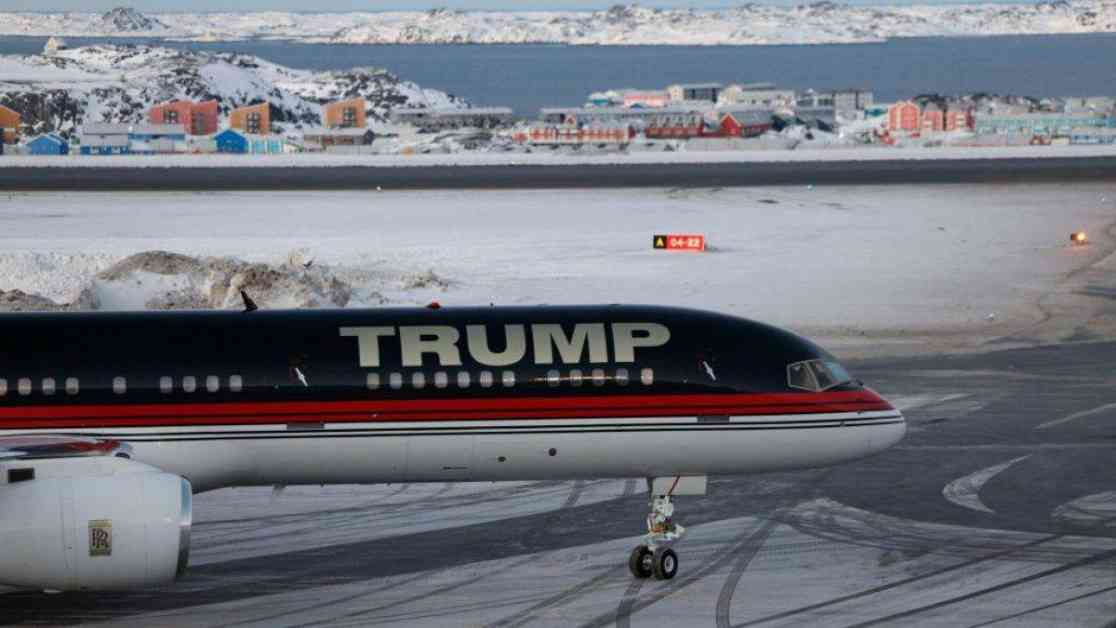**Trump’s Interest in Acquiring Greenland: A Strategic Move or Resource Grab?**
In a surprising turn of events, President-elect of the United States, Donald Trump, has once again expressed his desire to acquire Greenland, an Arctic territory currently under Denmark’s control. But what are the reasons behind Trump’s interest in this vast island, which is the world’s largest after Papua and Kalimantan, and why now?
**Where is Greenland?**
Greenland, a massive island located in the Arctic, is known for its breathtaking icy landscapes and unique indigenous culture. Despite being the largest island in the world, Greenland is one of the least densely populated regions globally, with only around 56,000 inhabitants, mostly indigenous Inuit people.
The island’s population mainly resides along the southwest coast near the capital city of Nuuk, as approximately 80% of Greenland is covered in ice. As an autonomous territory of Denmark, Greenland also hosts military bases operated by both Denmark and the United States. Its economy relies heavily on fishing, with Danish government support contributing to about a fifth of its GDP.
In recent years, Greenland has attracted significant interest due to its natural resources, including rare earth minerals, uranium, and iron ore. The melting ice caps resulting from global warming have made these resources more accessible, sparking a race for their exploitation.
**Greenland’s Status and History**
Although geographically situated in North America, Greenland has been under Danish rule for nearly 300 years, despite being separated by almost 3,000 kilometers. The island was governed as a colony until the mid-20th century, remaining isolated and economically disadvantaged for much of that period.
In 1953, Greenland officially became a part of the Kingdom of Denmark, with its inhabitants gaining Danish citizenship. This shift marked a new chapter in Greenland’s history, as the island began to have more autonomy and representation within the Danish government.
**The Strategic and Economic Implications**
Trump’s interest in acquiring Greenland raises questions about the strategic and economic motivations behind such a move. With the region’s increasing geopolitical significance due to climate change and resource exploitation, the potential benefits and challenges of owning Greenland are complex and multifaceted.
As the world watches Trump’s next steps regarding Greenland, the implications of this proposal are likely to have far-reaching consequences for both the Arctic region and international relations as a whole.
—
**Humanizing Touch:**
Imagine a group of Inuit children playing by the icy shores of Greenland, their laughter echoing against the vast expanse of snow-covered mountains. Despite the remote location and harsh conditions, their resilience and connection to the land remind us of the profound cultural heritage and environmental significance of this unique region. As debates over its future unfold, let’s not forget the human stories and traditions that make Greenland not just a strategic asset but a home to its people. How can we balance economic interests with environmental preservation and indigenous rights in this delicate balance of power?














